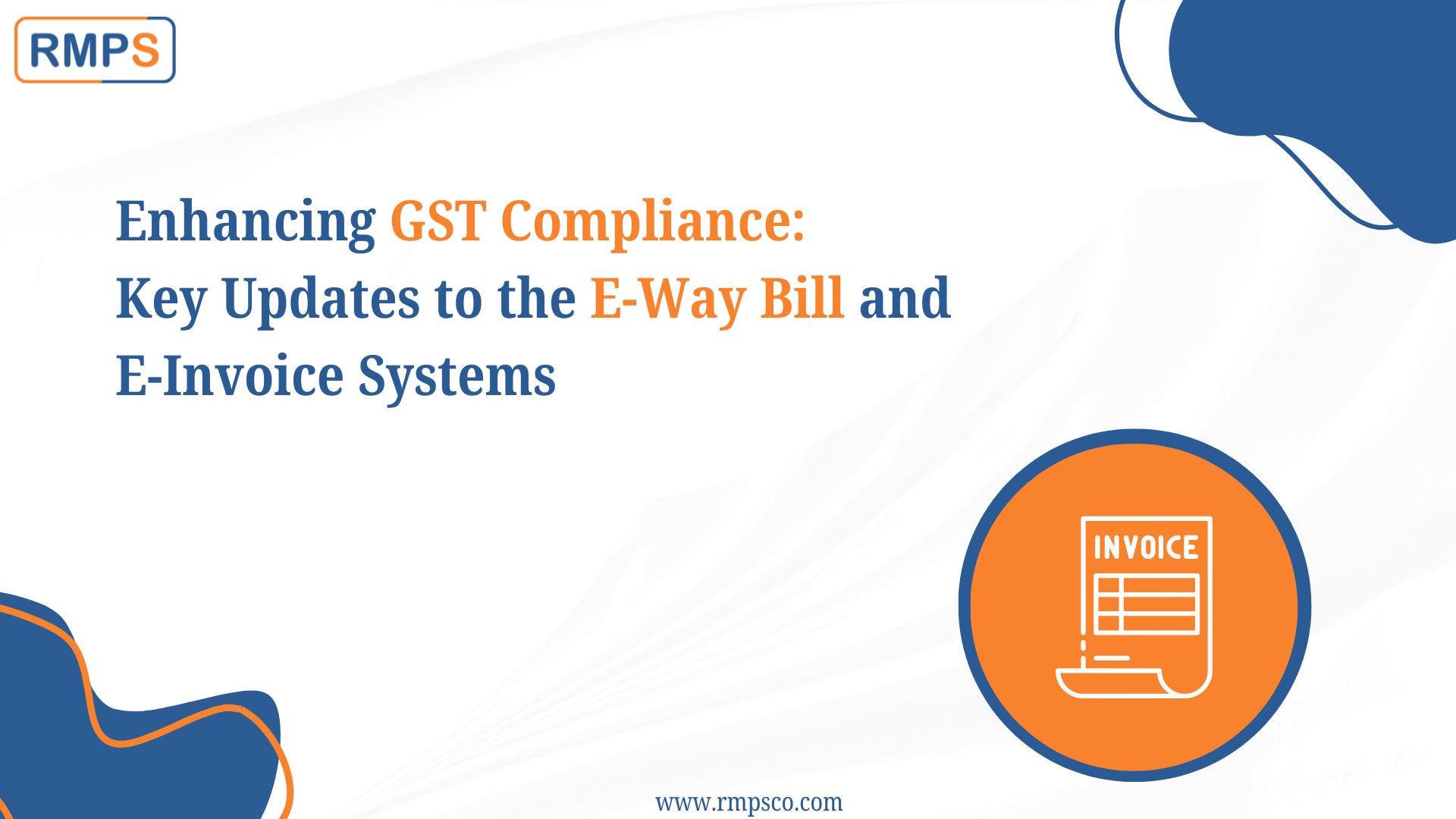
As part of its ongoing commitment to improving digital compliance, the GST Network (GSTN) has announced critical updates to the E-Way Bill and E-Invoice systems, effective from January 1, 2025. These updates focus on enhancing security, streamlining operations, and ensuring compliance with government standards. Here’s a breakdown of the major changes taxpayers need to know:
1. Mandatory Multi-Factor Authentication (MFA)
To bolster security, GSTN is rolling out mandatory Multi-Factor Authentication (MFA). Previously required only for businesses with an Annual Aggregate Turnover (AATO) exceeding Rs 100 Crores, the new phased implementation schedule includes:
- From January 1, 2025: Mandatory for AATO over Rs 20 Crores
- From February 1, 2025: Mandatory for AATO over Rs 5 Crores
- From April 1, 2025: Mandatory for all taxpayers
Taxpayers are urged to enable MFA early to avoid disruptions.
2. E-Way Bill Document Validity
Starting January 1, 2025, the generation of E-Way Bills will be restricted to documents issued within 180 days. For example, documents dated before July 5, 2024, will no longer be eligible.
Additionally, the extension of E-Way Bills will be limited to 360 days from the original generation date. For example, an E-Way Bill generated on January 1, 2025, can be extended only until December 25, 2025.
Integration of E-Way Bill System with Indian Railways’ FOIS
GSTN has integrated the E-Way Bill system with the Freight Operation Information System (FOIS) of Indian Railways. This enables real-time validation of Railway Receipt Numbers (RR No./eT-RRs), enhancing transparency and reducing discrepancies.
Key Compliance Steps:
- Correct Entry of RR No./eT-RRs:
- Format: F
- Example: FSJWT123456789 (where SJWT is the station code and 123456789 is the RR number).
- Updating Part-B of EWB:
- Use the “Multi-Transport Mode” option on the EWB portal.
- Select Rail as the mode of transport and enter the corresponding RR No./eT-RRs.
- Validation and Alerts:
- The EWB system will validate the entered RR No./eT-RRs against FOIS records.
- Mismatches will trigger alerts, ensuring taxpayers correct errors promptly.
- Support and Assistance:
- Raise tickets for unresolved discrepancies, specifying the RR No./eT-RRs.
Conclusion These updates signify a major step toward strengthening the GST compliance framework. Businesses must adapt promptly by updating internal processes, enabling MFA, and ensuring accurate data entry. Staying compliant means not just avoiding penalties but also contributing to a more efficient digital tax ecosystem.
LinkedIn Link : RMPS Profile
This article is only a knowledge-sharing initiative and is based on the Relevant Provisions as applicable and as per the information existing at the time of the preparation. In no event, RMPS & Co. or the Author or any other persons be liable for any direct and indirect result from this Article or any inadvertent omission of the provisions, update, etc if any.
Published on: December 19, 2024
